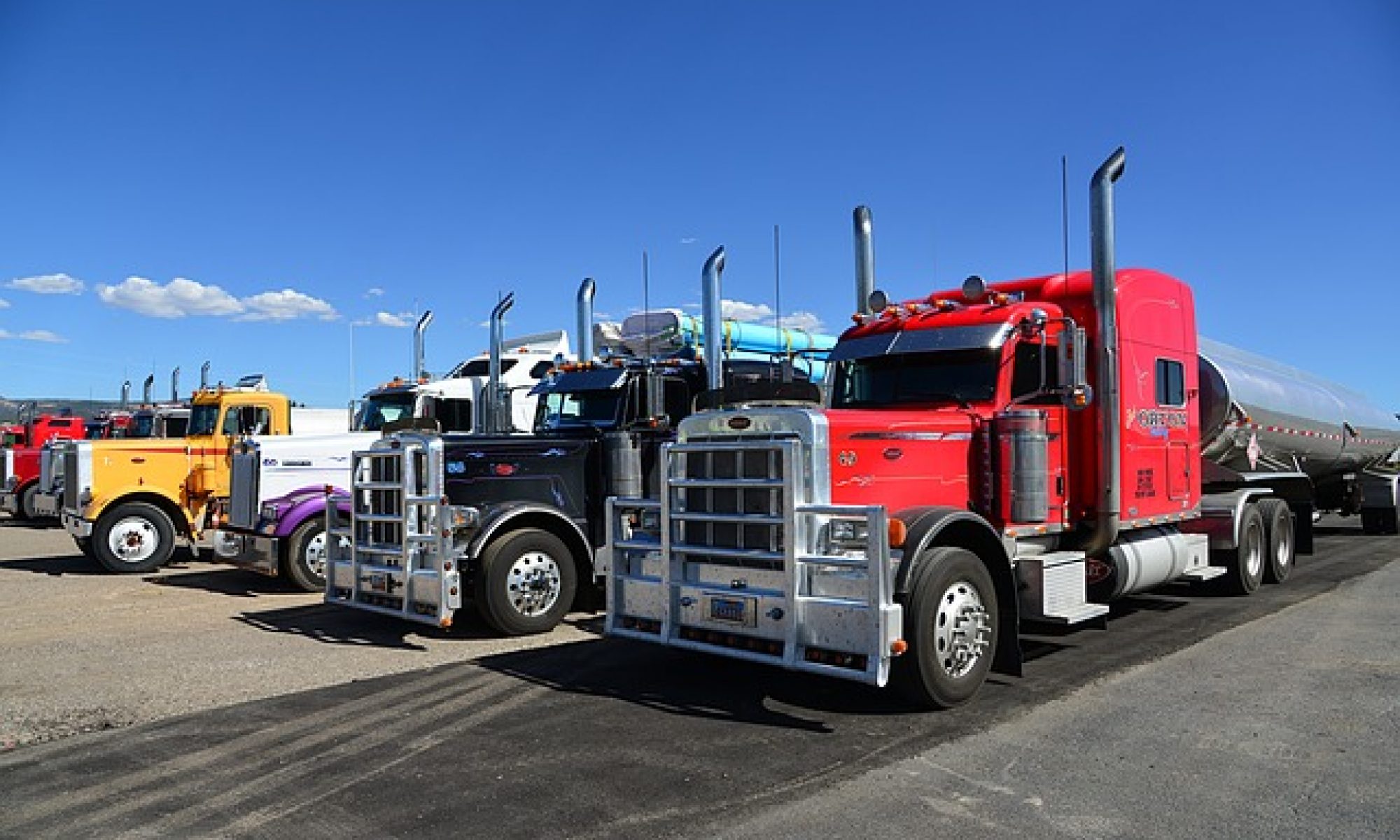Discover Seamless Airport Transportation: Your Gateway from Bridesburg’s Delaware River Waterfront to Philadelphia International Airport
Nestled along Philadelphia’s scenic Delaware River waterfront, the historic neighborhood of Bridesburg offers residents and visitors a unique blend of working-class charm and convenient access to the city’s transportation networks. For travelers in this riverside community, connecting to Philadelphia International Airport (PHL) requires navigating both the neighborhood’s intimate street layout and the broader regional transportation system.
Understanding Bridesburg’s Strategic Location
Bridesburg comprises typical urban street blocks bordered by industrial zones, Interstate 95, and the Delaware River, giving the community a feeling of privacy from Philadelphia’s hustle and bustle. With nine of every ten homes owner-occupied, this established neighborhood has maintained its character while adapting to modern transportation needs.
The neighborhood benefits from excellent connectivity through the Betsy Ross Bridge, a six-lane bridge linking Bridesburg with Pennsauken, New Jersey. Local transportation options include the Southeastern Pennsylvania Transportation Authority (SEPTA) bus stops throughout the neighborhood and the Bridesburg Station, which offers passage via the SEPTA Trenton Line.
Delaware River Waterfront Transportation Networks
The Delaware River waterfront has become increasingly accessible through various transportation modes. SEPTA Bus Routes 21, 33, and 42 stop at key waterfront locations, while Routes 17 and 48 stop at Front and Market Streets, and Route 25 runs along Columbus Boulevard. Accessing the waterfront via public transportation is as easy as hopping on SEPTA’s Market-Frankford subway line, the seasonal PHLASH shuttle, or one of the many nearby buses.
Residents can access waterfront destinations on foot, skateboard, rollerblade, or bike via the Delaware River Trail, which runs 3.3 miles from Pier 70 in South Philadelphia to Penn Treaty Park in Fishtown. This connectivity makes Bridesburg an ideal starting point for travelers seeking airport transportation services.
Professional Airport Shuttle Solutions
For Bridesburg residents seeking reliable airport transportation, professional shuttle services offer distinct advantages over public transit or ride-sharing options. The demand for airport shuttles to PHL highlights the importance of dependable, stress-free travel arrangements. Professional transportation services allow business travelers to focus on their work without worrying about navigating traffic or parking, while leisure travelers can start their vacation stress-free by avoiding public transportation hassles or high long-term parking costs.
When searching for an airport shuttle bridesburg service, travelers should prioritize companies that understand local geography and traffic patterns. Local knowledge matters when navigating routes like Frankford Avenue during rush hour or dealing with Betsy Ross Bridge construction backups – especially when trying to catch a flight.
Philadelphia Car & Limo Service: Your Trusted Transportation Partner
Philadelphia Car & Limo Service has built its reputation by understanding what matters most to clients – punctuality, professionalism, and peace of mind. Every chauffeur in their fleet has been carefully selected and trained to deliver not just transportation, but an experience that reflects premier service standards.
The company is committed to providing the best limousine and transportation service in the Greater Philadelphia Area, offering a wide range of ground transportation services from economy to luxury vehicles, all driven by professional chauffeurs. They pride themselves on their commitment to safety, reliability, and exceptional customer service.
Comprehensive Service Features
Philadelphia Car & Limo provides round-the-clock service to PHL, JFK, Newark, and all major airports with real-time flight tracking capabilities. Flight delays are never a problem with their service, as they monitor all flights in real-time through their tracking system and automatically adjust pickup times based on actual arrival information, with no additional charges for reasonable delays.
Their meticulously maintained fleet ranges from Lincoln sedans to luxury SUVs, always clean, comfortable, and road-ready. The company offers flat-rate pricing with no hidden fees, often comparable to taxi costs but with luxury vehicle comfort and reliability.
Business and Corporate Solutions
Corporate executives and business professionals choose their services because they understand that time is valuable and image matters. Their executive chauffeur service goes beyond basic transportation to provide a mobile office environment where clients can prepare for meetings, make calls, or decompress between appointments. They work with companies of all sizes, from solo entrepreneurs to Fortune 500 corporations.
The company offers dedicated business travel systems with instant confirmations, easy modifications, and seamless expense reporting integration.
Why Choose Professional Airport Transportation
The real value comes from eliminating stress and wasted time – no walking across parking lots with heavy luggage, no worrying about car security during extended trips, and no dealing with parking shuttle delays when already running late. For trips longer than three days, round-trip service often costs less than airport parking when including convenience and time savings, with transparent pricing that includes everything upfront.
Professional services offer no surprise fees or hidden charges – the quoted price is exactly what clients pay, guaranteed from booking to destination. Every driver undergoes rigorous background checks, licensing verification, and professional training, while luxury vehicles receive regular inspections and meticulous upkeep to ensure reliability, comfort, and professional appearance.
Booking and Availability
Travelers should book at least 24 hours ahead to guarantee their preferred pickup time and vehicle type. During busy travel periods like Thanksgiving week or summer vacation season, earlier booking prevents disappointment and eliminates unnecessary stress.
The service extends throughout the greater Philadelphia area and surrounding regions, including trips to New York City, Washington D.C., Atlantic City, and other major destinations. For longer distance travel, they offer comfortable, professional transportation with appropriate rest stops and timing considerations, with chauffeurs familiar with routes throughout the tri-state area.
For Bridesburg residents and Delaware River waterfront visitors, professional airport shuttle services represent the optimal balance of convenience, reliability, and value. By choosing established providers like Philadelphia Car & Limo Service, travelers can focus on their journey’s purpose while leaving the complexities of airport transportation to experienced professionals who understand both local geography and the demands of modern travel.

